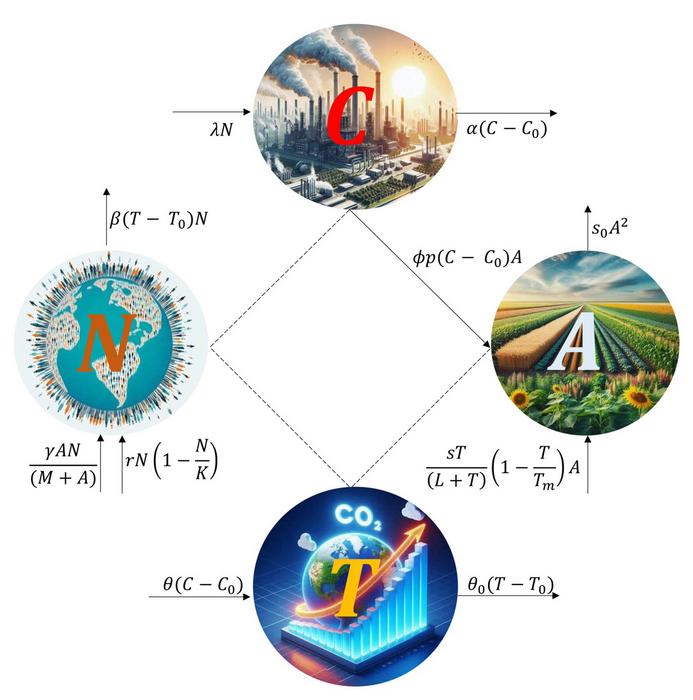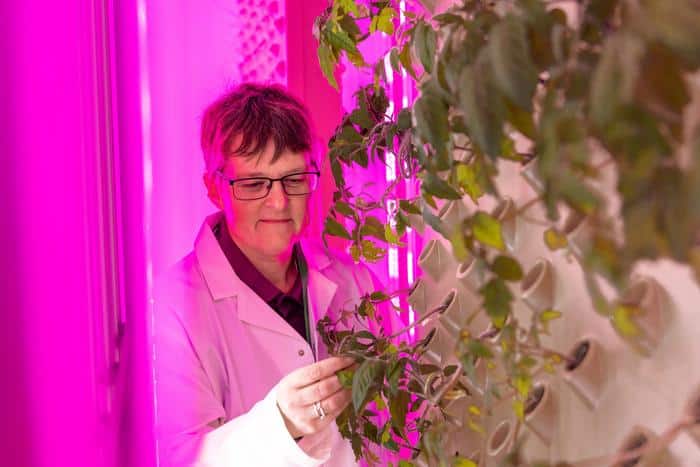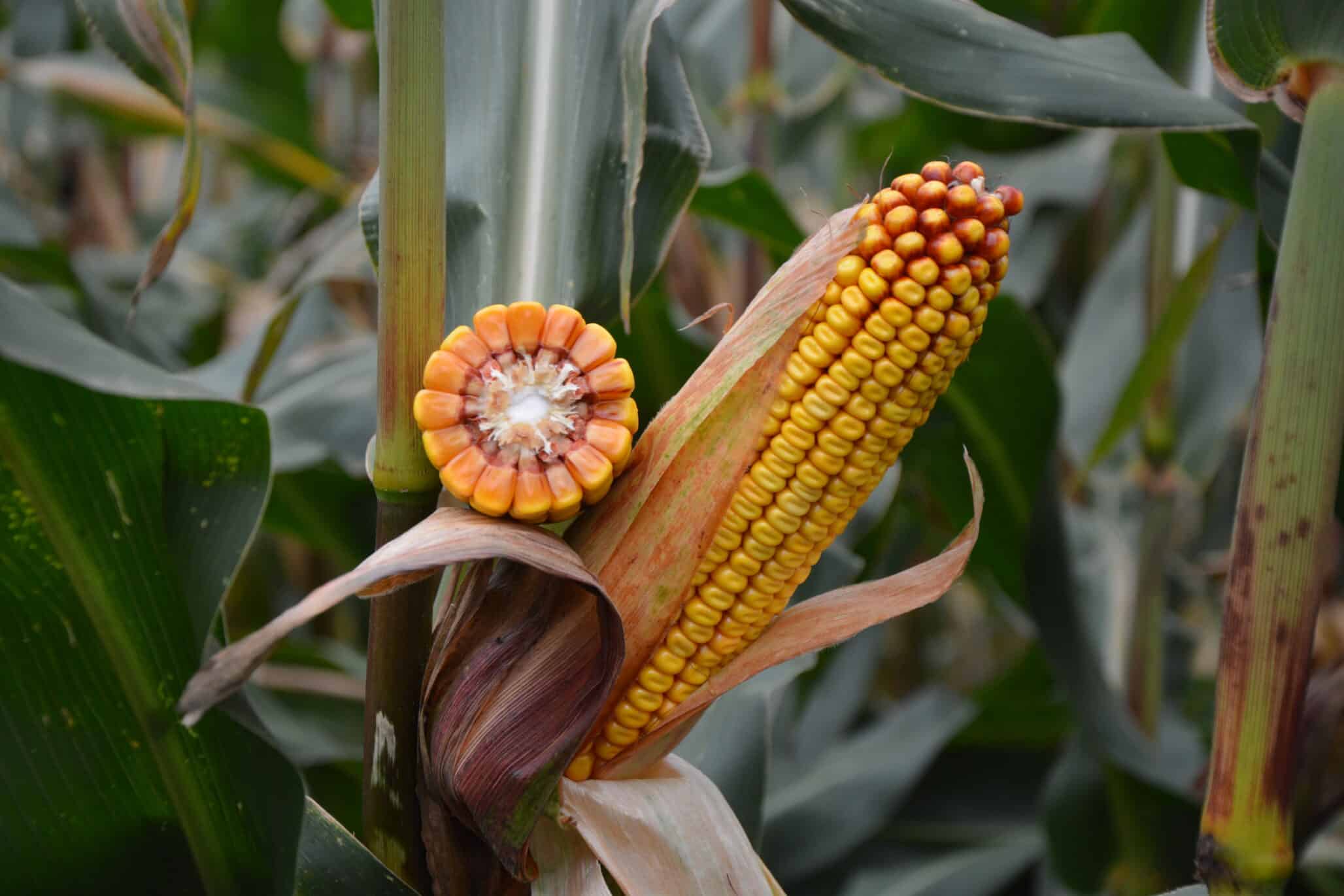Human activities are driving a rise in atmospheric carbon dioxide (CO2) levels, leading to an increase in global average surface temperatures and posing significant risks to crop growth. Concerned about the impact of climate change on global food security, researchers from Banaras Hindu University in India developed a method to investigate how these factors affect crop yields.
In Chaos, published by American Institute of Physics Publishing, researchers present a mathematical model designed to capture the nonlinear interactions between CO2 levels, temperature, human population, and crop growth. Recognizing the chaotic and complex dynamics in ecological systems, they utilized both autonomous and nonautonomous models to analyze seasonal variations and explore mitigation strategies, including the development of temperature-tolerant crops.
According to a press release, the team’s study integrates key concepts of the dynamics of atmospheric CO2, rising temperatures, human population, and crop yield.
“We’ve considered how the rising CO2 levels will initially boost crop growth through the ‘CO2 fertilization effect,’ but once temperatures exceed a critical threshold the heat stress will reduce yields,” said A.K. Misra. “A nonautonomous system with seasonal variations reveals complex behaviors like periodic oscillations and chaos—and highlights the unpredictability of crop responses to rising temperatures.”
The team’s findings underscore the urgent need to reduce CO2 emissions to safeguard agricultural productivity. They also reveal a promising solution to mitigate climate change-induced crop losses: developing crop varieties with enhanced temperature tolerance.

By breeding or engineering crops to endure higher temperatures, farmers can adapt more effectively to shifting environmental conditions and protect yields. This adaptability is vital in the context of global warming, positioning climate-resilient agriculture as a cornerstone of future food security. Notably, the study highlights how even modest temperature increases can significantly impact crop yields.
This research offers valuable insights for advancing agriculture in a changing climate.
“By identifying critical temperature thresholds, we get insights into when crop yields may begin to decline, which will guide policymakers in making more beneficial strategies,” said Misra. “Our findings suggest breeding or using crops with increased temperature tolerance should be considered as a strategy to maintain productivity under elevated CO2 levels.”
Understanding the chaotic dynamics of crop systems is key to improving yield predictions and guiding adaptive farming practices to manage seasonal and climatic variability.
The team’s next steps involve enhancing their model by incorporating additional factors, such as insect populations, water availability, soil quality, and nutrient levels, which also play critical roles in influencing crop yields under changing climate conditions.
“Further experimental validation with real-world data will help calibrate our model more accurately, while development of region-specific models will enable localized predictions and strategies,” said Misra.













